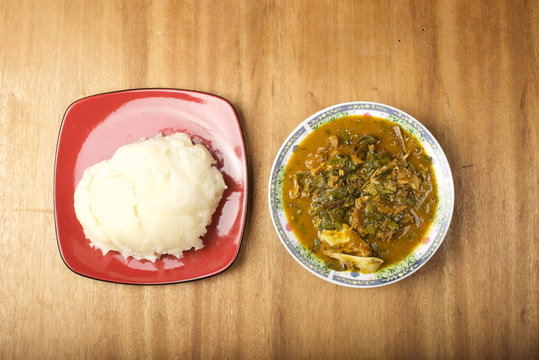Essential Ingredients and Nutritional Benefits
The foundation of authentic Oha soup lies in its carefully selected ingredients, each contributing unique flavors and nutritional benefits. The star ingredient, Oha leaves, provides essential vitamins A and C, iron, and calcium, making this soup not just delicious but incredibly nutritious. These leaves are complemented by protein-rich components such as stockfish, dried fish, and various meats including beef, goat meat, or chicken.
Palm oil serves as the cooking medium, providing healthy fats and the characteristic rich color that makes Oha soup visually appealing. Traditional seasonings include ground crayfish, pepper, onions, and indigenous spices that enhance the soup's complex flavor profile. The inclusion of cocoyam or ugu leaves as thickening agents adds fiber and additional nutrients, creating a well-balanced meal that supports overall health and wellness.




